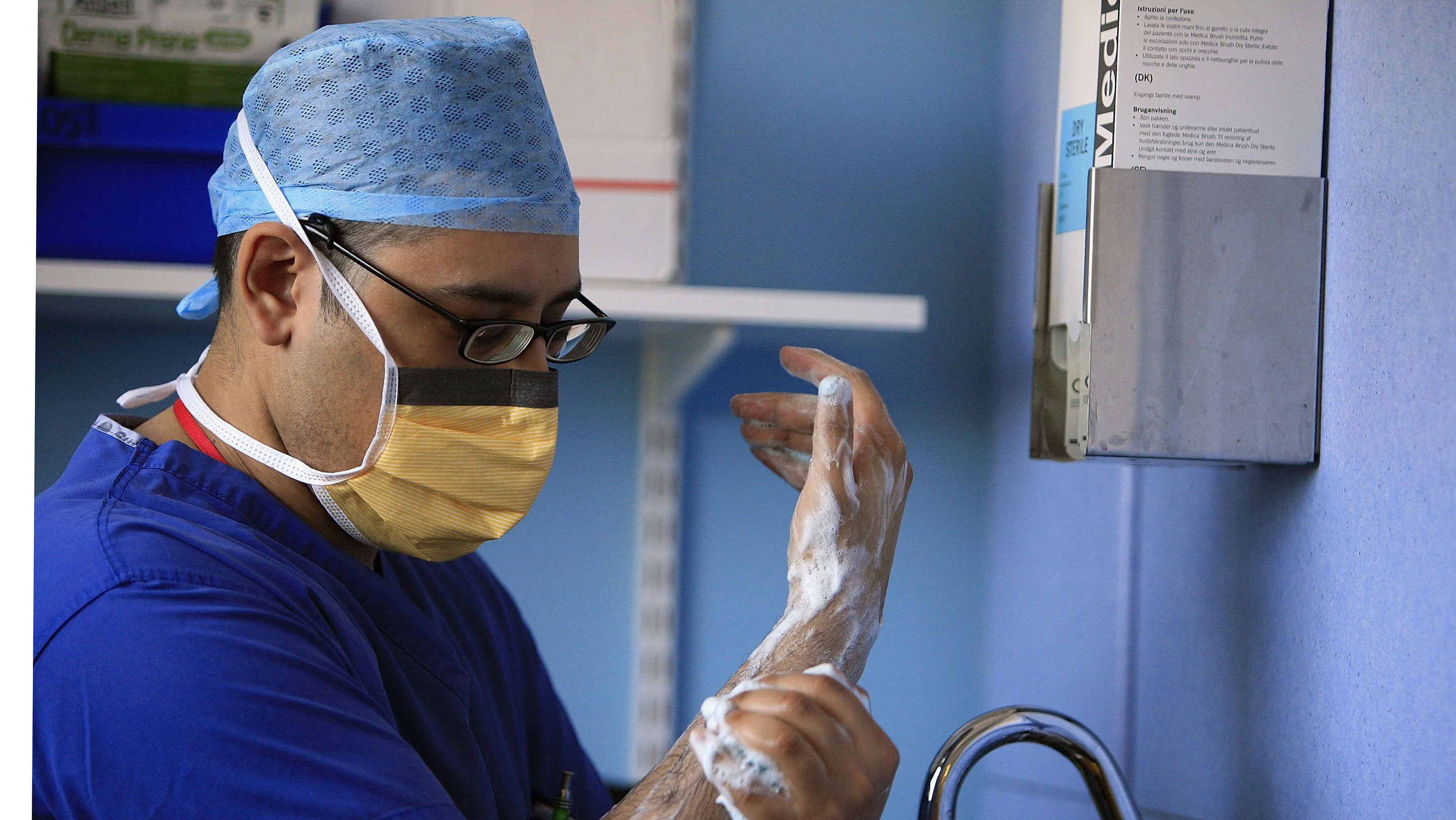Are Jeremy Hunt's new medics just 'doctors on the cheap'?
Government to increase the number of physician Associates, who only need two years of training

A free daily email with the biggest news stories of the day – and the best features from TheWeek.com
You are now subscribed
Your newsletter sign-up was successful
The government is planning a "significant" expansion of a new class of medic known as physician associates, but critics have attacked the idea as "doctors on the cheap". Health Secretary Jeremy Hunt says the role – somewhere between a doctor and a nurse – is needed to free up busy doctors.
How does a physician associate qualify?
Training is currently offered at three universities, with three more planning to offer courses in the next academic year. Applicants usually need a science degree or a qualification in healthcare such as nursing or physiotherapy. Upon successful completion of the two-year course, each student is awarded a postgraduate diploma, usually followed by a one-year internship. It is a much shorter route into medicine than for doctors, who normally take five years to complete a medical degree, followed by a two-year foundation programme. Training to become a GP takes a further three years, while training in other specialty areas can take up to eight years. Unlike doctors, physician associates do not have to be registered with any regulator, but some employers require employees to enrol on a voluntary register.
The Week
Escape your echo chamber. Get the facts behind the news, plus analysis from multiple perspectives.

Sign up for The Week's Free Newsletters
From our morning news briefing to a weekly Good News Newsletter, get the best of The Week delivered directly to your inbox.
From our morning news briefing to a weekly Good News Newsletter, get the best of The Week delivered directly to your inbox.
How many physician associates will there be?
There are currently around 300 physician associates working for the NHS, says The Guardian. The Department of Health says it is hoping to "significantly increase" the number, and training places are due to double from 105 to 225. But the department says the number recruited would be down to individual hospitals.
What can physician associates do?
Under the supervision of a doctor, physician associates can work in local surgeries and hospital emergency departments, examining patients, diagnosing illnesses, analysing test results and taking medical histories. They cannot prescribe drugs but can prepare prescriptions for doctors to sign off.
A free daily email with the biggest news stories of the day – and the best features from TheWeek.com
What are the benefits?
Physician associates are paid around £30,000 to £40,000, less than half the salary of a doctor, reports The Independent. The government believes that increasing the number of physician associates is a cost-effective way of enabling doctors to focus on more complex care. Hunt says the NHS is treating a record number of people. "That's why we are growing the workforce further with a new class of medic so busy doctors have more time to care for patients," he says. Health Education England, the NHS training body, has pointed to the role's success in the US where around 80,000 physician associates are employed.
What concerns have been raised?
With hospital trusts expecting to record a deficit of more than £750m for the current financial year, medical experts have warned that physician associates must not become "doctors on the cheap". Roger Goss, a co-director of Patient Concern, says: "We can be certain that some people in management will introduce the system as intended but you can guarantee that others will see this as a glorious opportunity to cut costs."
Today'sTimes editorial claims that health practitioners "with little more training than a nurse and much less than a doctor, are liable to miss symptoms, misdiagnose those they see and overestimate their knowledge". The newspaper claims an increase in supply of physician associates is "fraught with peril" and could be a "false economy". Mark Porter, chairman of the British Medical Association council, tells The Times the concept could be useful, but that the government needs to be clear about its limits. "These new posts cannot replace doctors," he says.
-
 The 8 best TV shows of the 1960s
The 8 best TV shows of the 1960sThe standout shows of this decade take viewers from outer space to the Wild West
-
 Microdramas are booming
Microdramas are boomingUnder the radar Scroll to watch a whole movie
-
 The Olympic timekeepers keeping the Games on track
The Olympic timekeepers keeping the Games on trackUnder the Radar Swiss watchmaking giant Omega has been at the finish line of every Olympic Games for nearly 100 years
